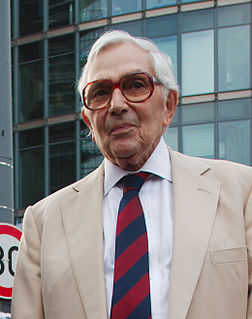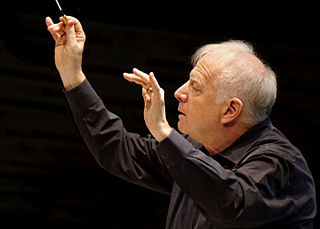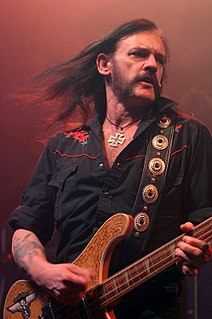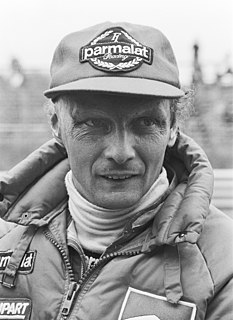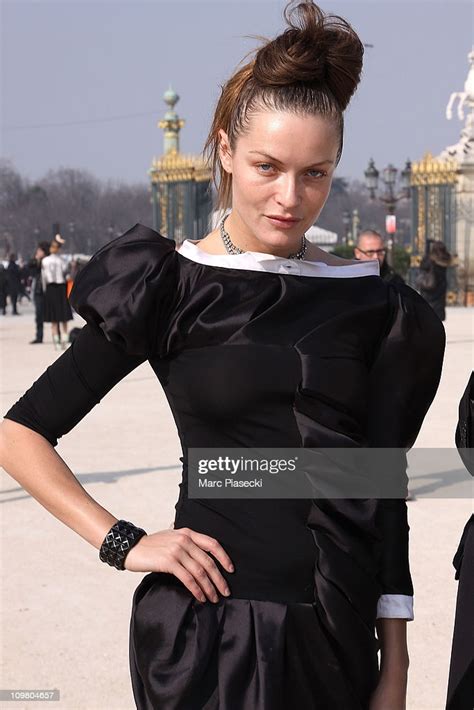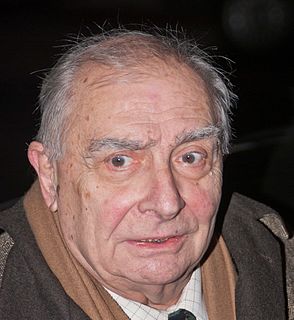A Quote by Lukas Foss
When I went back to visit my native Berlin after World War II, I noticed that the only thing I really remembered from my childhood Berlin days is the shoe store.
Related Quotes
There are many people in the world who really don't understand, or say they don't, what is the great issue between the free world and the Communist world. Let them come to Berlin. There are some who say that communism is the wave of the future. Let them come to Berlin. And there are some who say in Europe and elsewhere we can work with the Communists. Let them come to Berlin. And there are even a few who say that it is true that communism is an evil system, but it permits us to make economic progress. Lass' sie nach Berlin kommen. Let them come to Berlin.
I jumped at the chance and auditioned for a leading role in the musical 'Hair,' which was touring in Berlin and London. I won roles in both productions and left my job as a secretary after 18 months in 1970 to join the cast of 'Hair' in Berlin. I opted for Berlin because a girl from my neighborhood was also going to perform in 'Hair' there.
It is advertising that enthrones the customer as king. This infuriates the socialist...[it is] the crossing of the boundary between West Berlin and East Berlin. It is Checkpoint Charlie, or rather Checkpoint Douglas, the transition from the world of choice and freedom to the world of drab, standard uniformity.




